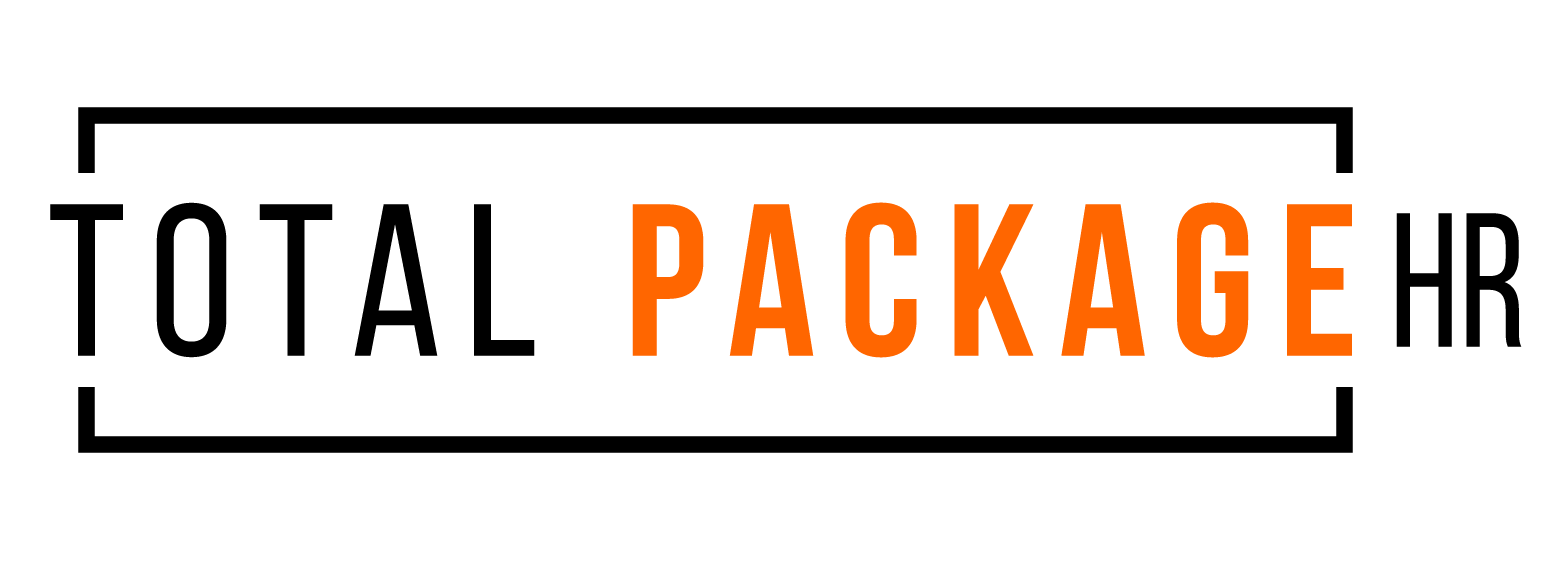Other HR Changes to Come to California in 2023
Let’s close out the year with a lightning round of some final items to come in 2023 throughout California.
Fair Employment and Housing Act – New Protected Category January 1, 2023
The Contraceptive Equity Act of 2022 brought us a new protected category under the FEHA: reproductive health decision-making. Some examples of protected actions are an individual’s decision to use or access a certain contraceptive drug or device, exercising their rights to medical services for reproductive health, or disclosing information relating to reproductive health decisions. Employers cannot discriminate against any employee or applicant, or make it a condition of employment, to disclose such information.
This Act will also require most health benefit plans to provide coverage for contraceptives or other related medical services, such as vasectomies, in accordance with California’s Health and Safety Code and Insurance Code beginning January 1, 2024.
Emergency Conditions – January 1, 2023
This new law prohibits any form of retaliation, adverse employment action, or threatening adverse action against an employee who refuses to report work (or leaves early) when they have a reasonable belief that an emergency condition is causing their workplace to be unsafe. An “emergency condition” can include threats to the workplace, natural disasters that affected the workplace, criminal acts that may cause an employee to feel unsafe, evacuation orders to an employee’s home, or the school/childcare of the employee’s child. Luckily, this new law strictly excludes health pandemics – so COVID would not fall under this protection. This law also excludes workers whose main role is to render aid or services in emergency conditions, such as paramedics and firefighters, those who work at a health care/residential care facility and provide direct patient care, and employees working on a military base.
Lastly, employers may not prevent an employee from accessing or using their cell phones to seek emergency assistance, assess the safety of the situation, or communicate with a person to verify their safety during an emergency condition.
The subjective piece is the “reasonable belief the workplace is unsafe.” The law defines this as a circumstance that would cause a reasonable person to feel they are in real danger of death or serious injury if they remain at work. This can vary from person to person, so we recommend reaching out to TPPS if you have concerns.
Cal/OSHA COVID Updates – mid-January 2023
California’s state of emergency is set to end on February 28, 2023. As such, Cal/OSHA has decided to remove the COVID Emergency Temporary Standards (ETS) and instead will require non-emergency COVID regulations to be added to the Injury and Illness Prevention Program (IIPP). All employers with one or more employees are required to have an IIPP and will need to update theirs accordingly.
Although Cal/OSHA has finalized their portion, the Office of Administrative Law still needs to sign off. We estimate this will happen about mid-January 2023. TPPS will send updates in January!
Navigating California’s everchanging laws can be complicated – some of these updates may require action on your part. TPPS is here to support you, and your managers, to better understand these changes and what they mean for your individual business or industry. If you need help with these action items, please reach out!






